
Frictile DysfunctionThis is the age of crushing. Don't let Frictile Dysfunction stand in your way. Get the cure at StopFD.com
Posted by FrictionLabs on Thursday, June 4, 2015

Developed by a group of long-time climbers who were in search of increasing their performance. After years of obsessing over the rubber and fit of their shoes but totally ignoring the quality of the powder on their hands they saw an opportunity to develop something new.
For people who say “chalks just chalk” Friction Labs will change your mind. Recently a team of world-class geologists and chemists conducted independent tests on the five most common chalks for rock climbing. The results were clear: Friction Labs chalk is the purest chalk out there.
Unicorn Dust, Bam Bam and Gorilla Grip are the 3 blends of Friction Labs, they are all chemically developed in the same way so picking one just depends on your own personal preference of the texture.
The Science:
All climbing chalk is made up of a mixture of Magnesium carbonate and Calcium carbonate. When exposed to moisture the Magnesium traps water molecules on the inside of its crystalline structure, leaving the surface dry – ultimately keeping sweaty hands drier for longer.
Many brands out there use Magnesium but Friction Labs have developed a new process to enable an extremely high ratio of Magnesium to Calcium, therefore producing a new level of performance chalk. The proof is in your hands, compare it to your usual chalk and see the difference.
See what the pro’s say:
“The best chalk the industry has to offer” – Alex Puccio
“I am in fact very picky about my chalk, and can rarely say I actually think a brand of chalk stands out above the others, but your chalk, well it is in a league of its own! I am very impressed” – Dave Graham
“It is incredible!!!” – Paul Robinson
For more information and to find your nearest stockist please visit mountianboot.co.uk

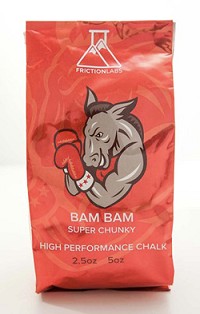
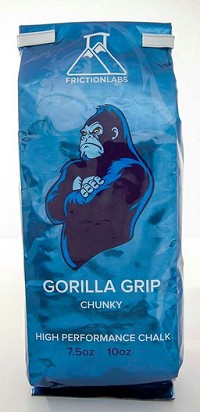
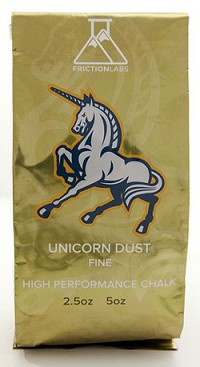


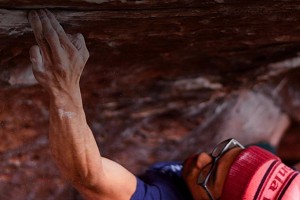
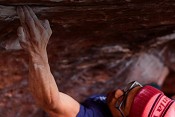
Comments